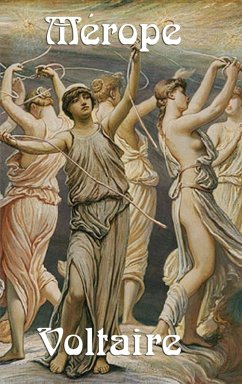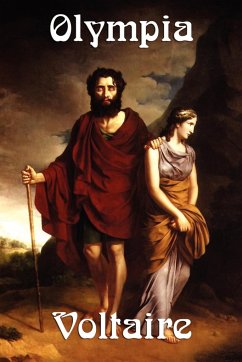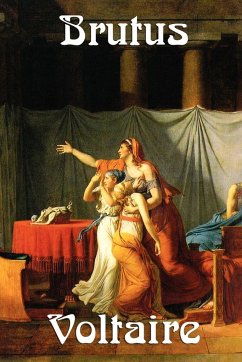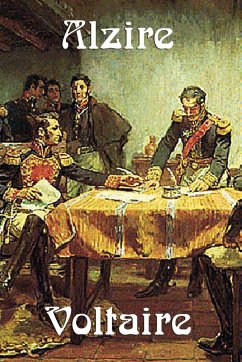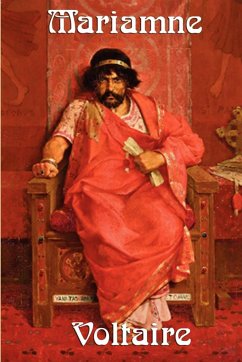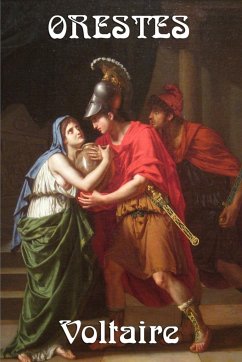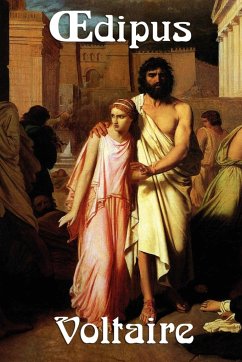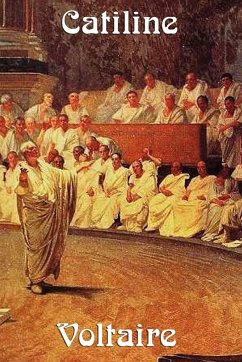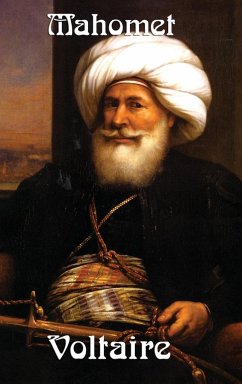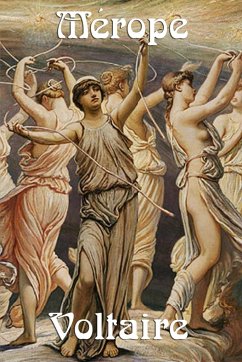
Merope
Versandkostenfrei!
Versandfertig in 1-2 Wochen
11,99 €
inkl. MwSt.
Weitere Ausgaben:

PAYBACK Punkte
6 °P sammeln!
Mérope produced in 1743, is the greatest of Voltaire's tragedies and a perfect literary performance. Frederick the Great amused himself by turning it into the libretto of an opera. Its success was great and the author was called before the curtain, an honor until then unknown in France. Wilder Publications is a green publisher. All of our books are printed to order. This reduces waste and helps us keep prices low while greatly reducing our impact on the environment.




